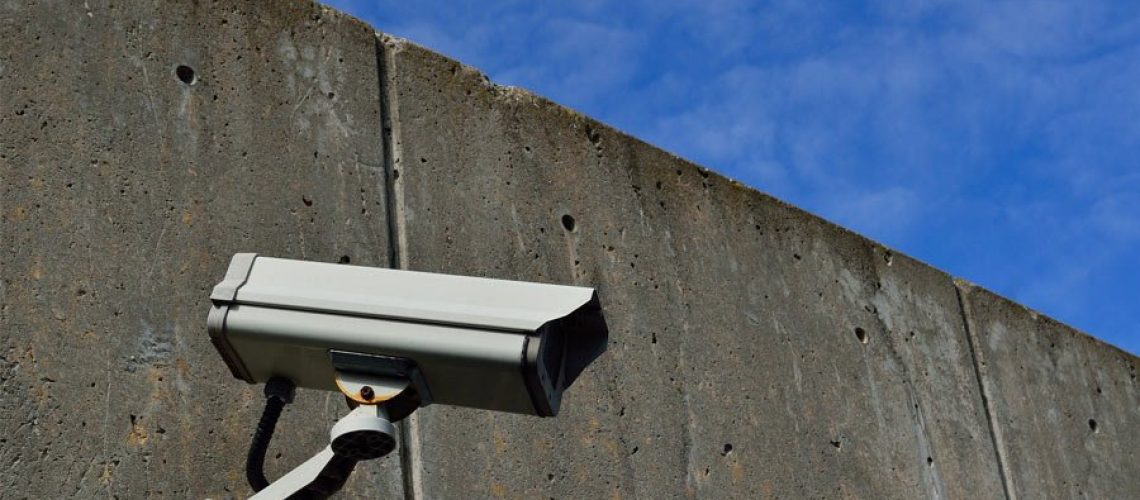Surveillance is a tried-and-true technique that government agents may use to try to prove your guilt. With our investigate-the-investigator approach, your defense attorneys may find that your rights have been violated. Because of that chance, we’ll look at the surveillance used, like search wiretaps, cell phone tracking, vehicle tracking, airplane and drone surveillance, pen registers and pole cameras.
Government agents may apply for a search warrant from a court for many types of searches and seizures. A search warrant may give police officers the ability to search a home, a business, a computer, or a phone. To get one, officers must convince a judge that there is good reason to believe that they’ll find criminal evidence in the place to be searched.
Wiretaps & Trace-and-Trap Listening
A wiretap allows government agents to listen to a particular phone’s calls and messages, both sent and received. Like other searches and seizures, agents must ask a court for a warrant before conducting a wiretap. Wiretap cases can be extremely complex. Experienced attorneys familiar with the requirements of wiretaps should review these to ensure law enforcement didn’t illegally obtain permission to listen in.
Pen registers or trace-and-trap surveillance is similar to wiretaps, but much less intrusive. Agents request a telephone company to provide a list of all the phone numbers with which a particular phone has been in contact. The pen register does not, however, give agents any idea about the content of the conversations. Instead, agents analyze the data to make connections between suspects and to develop new leads in their investigation.
Cell Phone Towers & Vehicle GPS Tracking
Another type of electronic surveillance, cell phone tracking begins after a court has authorized the GPS or cellphone tower data retrieval from a cell phone carrier. Like a wiretap or pen register, the phone’s owner is usually unaware that his or her phone is being tracked. Once tracking begins, law enforcement agents can see real-time information on the phone’s location to assist physical surveillance.
Similarly, vehicle tracking devices generally require a warrant. Unlike a cell phone tracker, agents place a tracking device on a vehicle so they know its location at any given time
Visual Surveillance
Finally, law enforcement agencies rely on visual observation, too. This may include using video cameras mounted on airplanes and drones, or simply installing a camera on a utility pole in front of a suspect’s home or business.
These technology-driven investigative techniques aren’t the only kind used. You also need to be aware that traditional methods like informants, undercover agents and reverse-sting operations are common, too. No matter what investigative form used in your case, they can and often do violate people’s rights. That’s why it’s important to have experienced, knowledgeable attorneys review the case carefully, to protect your rights and discover your best defense.


